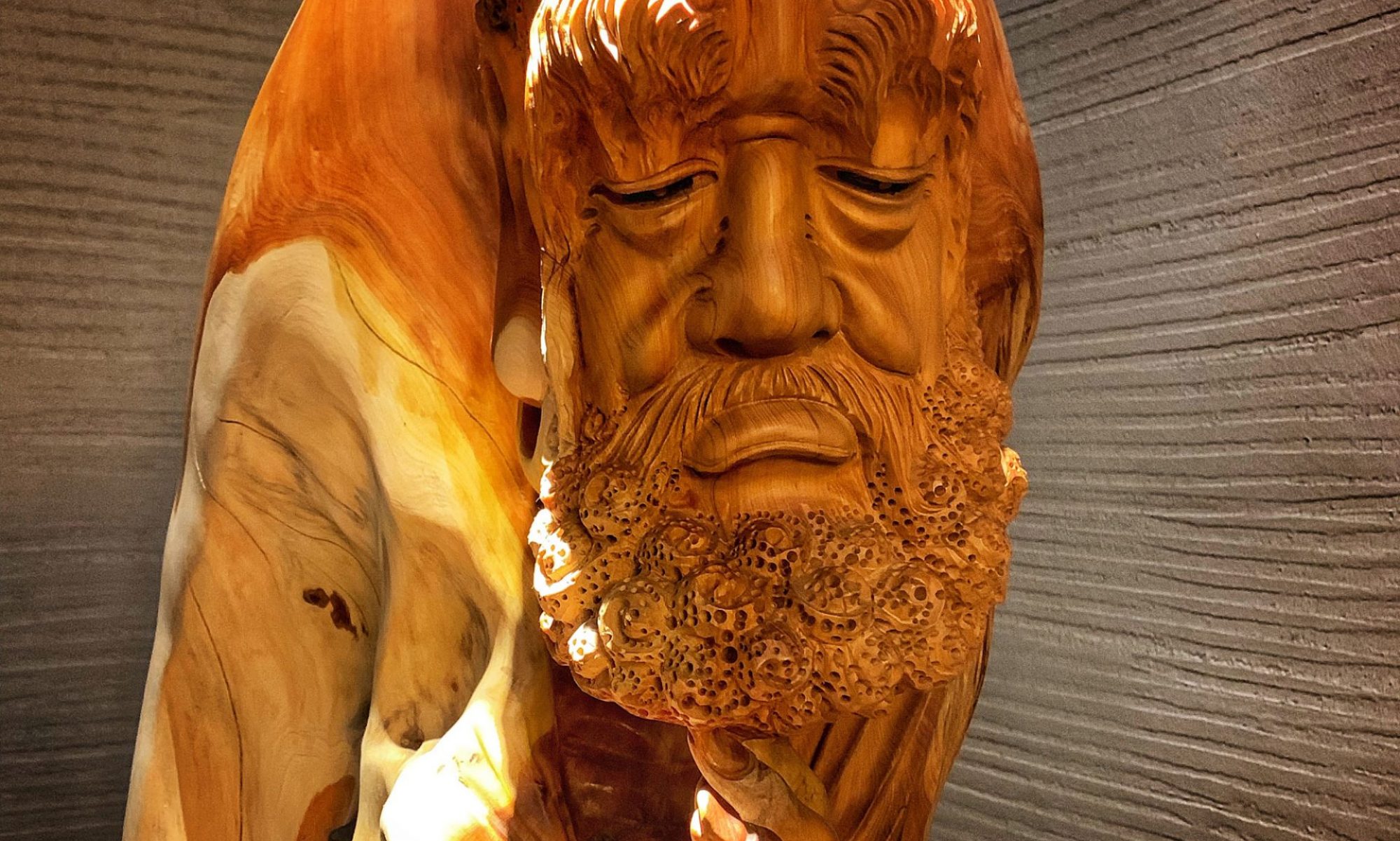
Doubt is healthy and yet can be a serious setback to any spiritual journey, more so when one’s journey is merely at the stage of an initiate and the task given in hand is to trust fully and to surrender the doubt. Yet ironically, the opposite can also to be true – that trust or faith, the opposite of doubt, can also be detrimental to one’s own spiritual journey, when that trust itself is blind and naïve.
How then could one draw a line between doubt and faith? I am sure you would have heard of blind faith and skeptical doubt. Overly faith leads to naivety. Overly doubt leads to arrogance. Both are extremes to the middle path of peace and wisdom.
It is in the questioning or self-inquiry that leads to observation which culminates in understanding and wisdom. Without questioning, the mind remains in judgment and deceit – deceiving oneself of what is false as true. And yet inquiring mind or the ability to question could only arise when there is doubt. It is doubt that initiates the journey of self-inquiry, of self-introspection. What is the criteria then that promotes healthy doubt? Wisdom. It is the wiser part of one’s wisdom that propels one to doubt and question. Yet ignorant too does the same – bringing skeptical doubt to the forefront. Both have different consequences. How to differentiate both? Healthy doubt has the function of a desire to understand a situation. Unhealthy doubt has the function of concluding or ending a situation, disallow furthering inquiring. Unhealthy doubt ends in judgment, healthy doubt initiates the journey of inquiry. The former leads to wrong perception, the latter to right perception – one is the result of ignorant; the other, wisdom.
Similarly, faith too needs to be recognized either as faith that blinds or faith that frees. Ironically, it is the healthy doubt that upon questioning and understanding leads to faith or confidence that sets the motion of freedom. In the same way it is the unhealthy doubt that leads to bondage, nailing oneself to repeated merry go round of errors and blindness in the midst of ignorance and holding on to what he or she think is correct, thus blinding one to suffering and repeated mistakes.
Many a times we have difficulty differentiating between true surrendering and blind faith – what is the yardstick we have to take notice so as not to fall into unnecessary obstacles that makes our journey difficult? What is the salient difference of both? Surrendering has the end result of letting go and trust, whereas blind faith has dependency and holding on as its end. Surrendering is done for the highest good. Blind faith has mentality of “what’s-in-for-me”. Heard of the verse “thy will be done” in contrary to “my will be done”?
When one surrenders, one does it with full confidence and understanding that the self is given up for guidance to set in. It has the wisdom to recognize that the self is a deception, not a reality. Whereas in blind-faith, there is a self that is in wanting, and there is a tendency of falling into beliefs, ignorant to the fact that the ego or self is seeking to strengthen itself.
When we have wisdom, more wisdom will arise. When we don’t, with whatever little common sense we have, we rely on the support of good tidings to guide and lead us the way until understanding matures into wisdom. Wisdom is key.

The one that “binds” and the one that “frees”.
That a good guidance for me. Hoping this will stick in my mind to guide me.
Thanks.
Welcome. :) – it is a continuous journey of seeing the contrast.